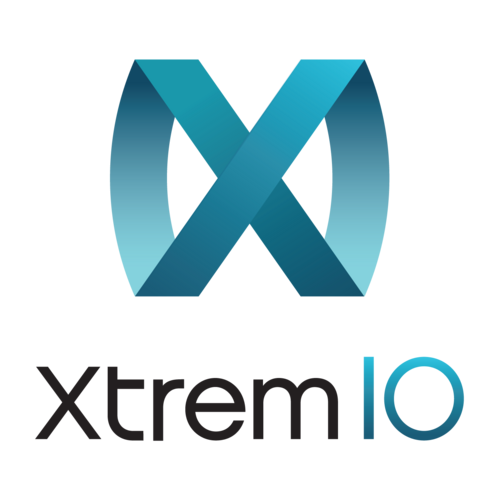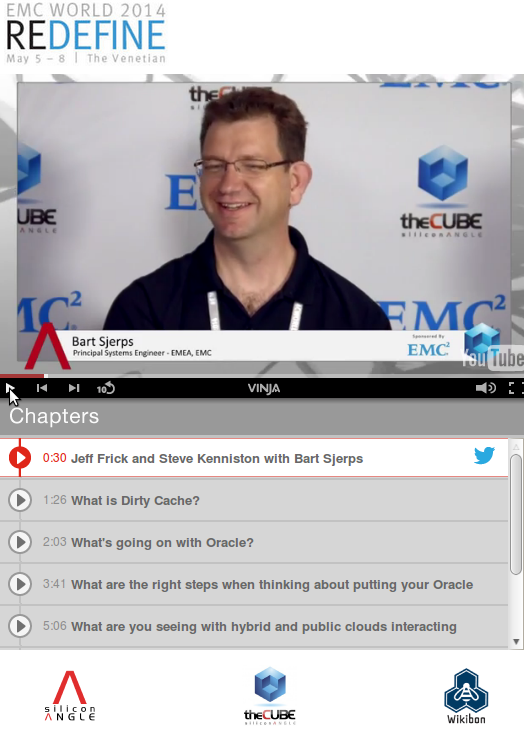
(Blog repost from Virtual Storage Zone – Thanks to @cincystorage)
UPDATE: I’ll say it again because there seems to be some confusion: THIS IS A REPOST!
Original content is from the Virtual Storage Zone blog (not mine). Just reposted here because it’s interesting and related to Oracle, performance and EMC storage. Enjoy…
XtremIO is EMC’s all-flash scale out storage array designed to delivery the full performance of flash. The array is designed for 4k random I/O, low latency, inline data reduction, and even distribution of data blocks. This even distribution of data blocks leads to maximum performance and minimal flash wear. You can find all sorts of information on the architecture of the array, but I haven’t seen much talking about archive maximum performance from an Oracle database on XtremIO.
The nature of XtremIO ensures that’s any Oracle workload (OLTP, DSS, or Hybrid) will have high performance and low latency, however we can maximize performance with some configuration options. Most of what I’ll be talking about is around RAC and ASM on Redhat Linux 6.x in a Fiber Channel Storage Area Network.
![]()

 Last week (during EMC world) a discussion came up on Twitter around Oracle licensing and whether Oracle would support CPU affinity as a way to license subsets of a physical server these days.
Last week (during EMC world) a discussion came up on Twitter around Oracle licensing and whether Oracle would support CPU affinity as a way to license subsets of a physical server these days.
 With my blog audience all being experts in the IT industry (I presume), I think we are all too familiar with the problems of classic password security mechanisms.
With my blog audience all being experts in the IT industry (I presume), I think we are all too familiar with the problems of classic password security mechanisms.